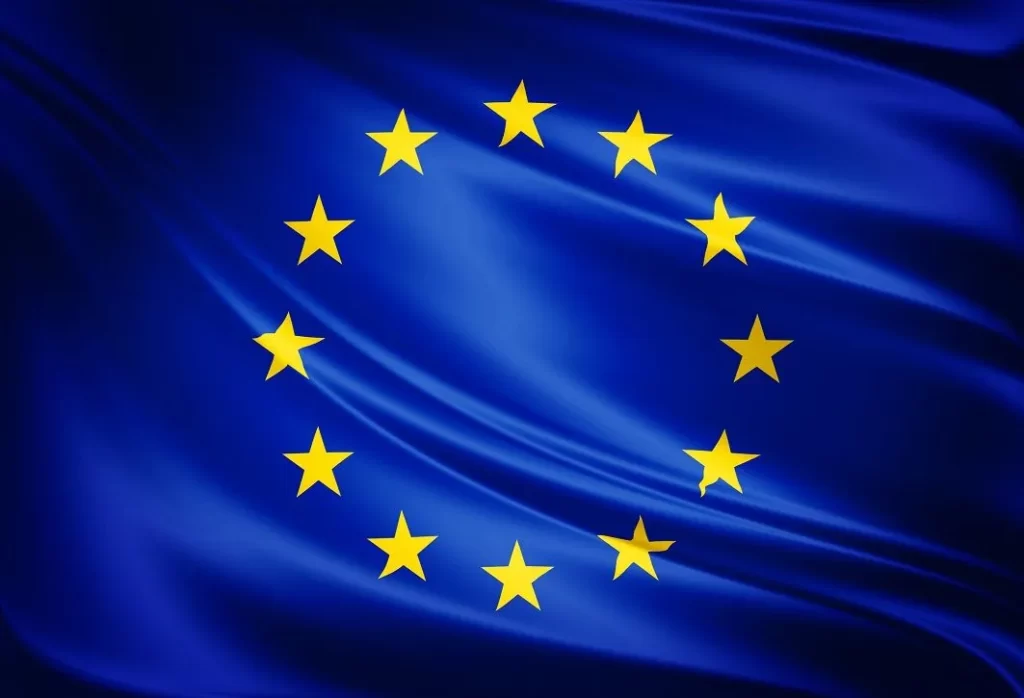The EU is doing all that it could to foster regulatory measures of crypto assets in a bid to prevent money laundering, regardless of how low crypto transactions are in value.

On Wednesday, June 29, negotiators from the European Parliament and the Council struck an agreement on a new measure that will allow them to track the transactions of crypto assets such as Bitcoin and other digital asset tokens.
The agreement is merely an extension of the “travel value” criterion, which is already in use in traditional banking. According to the EU, the new law aims to prevent questionable transactions in the cryptocurrency market. According to the official press release:
“This rule requires that information on the source of the asset and its beneficiary travels with the transaction and is stored on both sides of the transfer. Crypto-assets service providers (CASPs) will be obliged to provide this information to competent authorities if an investigation is conducted into money laundering and terrorist financing.”
The new requirements are part of the EU’s anti-money laundering regulatory tightening initiatives. According to the EU, crypto-asset transactions are now circumventing established thresholds.
However, congressional negotiators have stated that there will be no minimum thresholds or exclusions for low-value transfers, as previously proposed. Existing crypto market participants, such as Coinbase, have slammed the EU laws. The exchange also said that as cryptocurrency acceptance grows, there may be several low-value crypto transactions. Sharing user identities for such low-value transactions is not practical nor ethical in terms of privacy.
Concerning personal data that requires the recipient’s name and crypto address, the negotiators stated that “such data should not be provided if there is no guarantee that privacy is protected by the receiving end.” The EU MPs added in a press release:
“Before making the crypto-assets available to beneficiaries, providers will have to verify that the source of the asset is not subject to restrictive measures or sanctions, and there are no risks of money laundering or terrorism financing.”
When unhosted wallets interact with hosted wallets, CASPs must confirm that transactions above 1000 euros have been verified and that “the unhosted wallet is effectively owned or controlled by this customer.”
